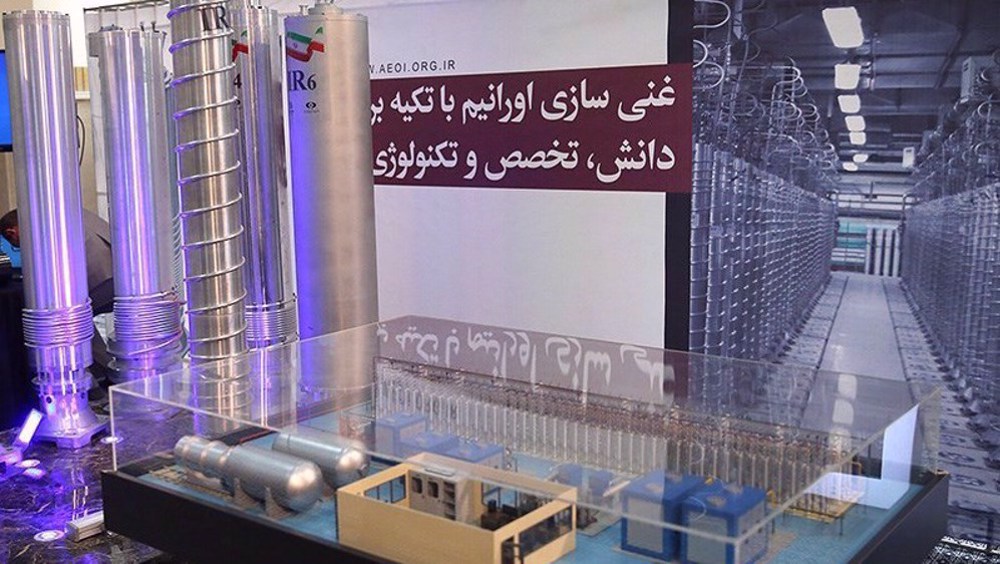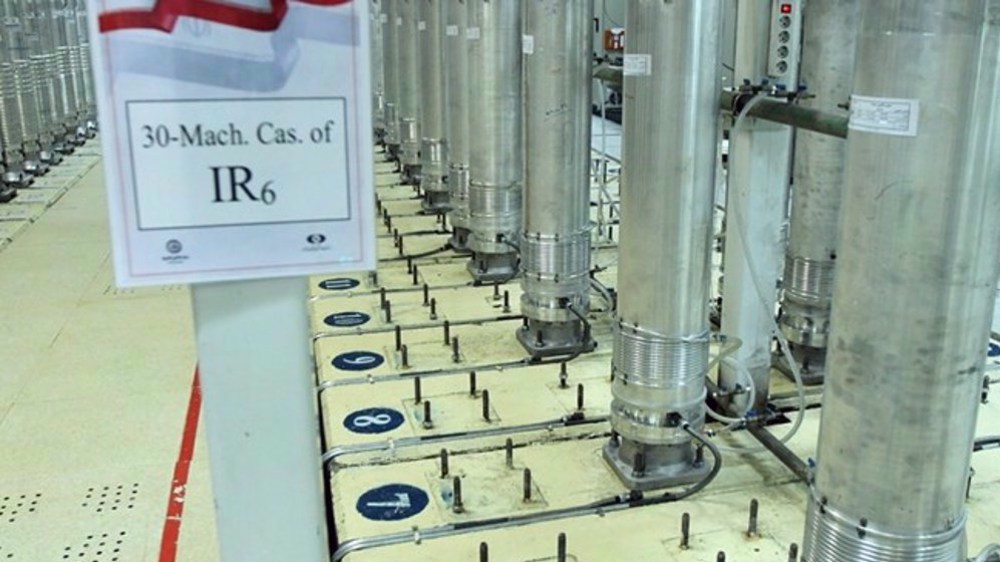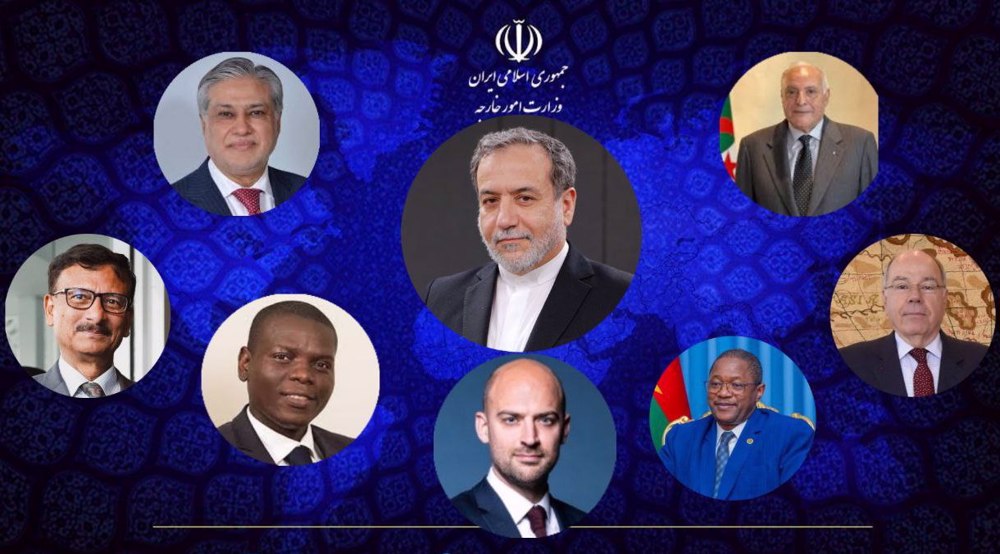IAEA chief due in Iran in line with mutual cooperation, interaction: Envoy
Iran's permanent representative to Vienna-based international organizations says UN nuclear agency chief Rafael Grossi will visit Tehran to discuss ongoing interactions and cooperation between the country and the atomic watchdog.
In a post on Twitter on Saturday, Kazem Gharibabadi added that the trip by the International Atomic Energy Agency (IAEA) chief comes upon an invitation from the Iranian government.
He said Iran is one of the main partners of the IAEA, adding, "We hope this visit will lead to reinforced mutual cooperation."
The UN nuclear agency chief also in a post on his Twitter account confirmed his visit to Tehran on Monday "for meetings with Iranian authorities."
He added that his talks with Iranian officials would focus on "outstanding questions related to safeguards in Iran."
I will travel to Tehran on Monday for meetings with Iranian authorities to address outstanding questions related to safeguards in Iran. I hope to establish a fruitful and cooperative channel of direct dialogue. It is necessary. pic.twitter.com/nkF0X8A4ZM
— Rafael MarianoGrossi (@rafaelmgrossi) August 22, 2020
"I hope to establish a fruitful and cooperative channel of direct dialogue. It is necessary," Grossi said.
In a statement on Saturday, the IAEA also said Grossi will pay his first visit to Iran since taking office in December and will hold meetings with high-level Iranian authorities.
“I have decided to come personally to Tehran so that I can reinforce the importance of cooperation and the full implementation of all safeguards commitments and obligations with the IAEA,” the agency's chief said separately.
The visit takes place over two months after the IAEA Board of Governors passed a resolution on June 19, put forward by Britain, France and Germany – the three European signatories to the landmark 2015 nuclear agreement, officially known as the Joint Comprehensive Plan of Action (JCPOA).
The resolution, the first of its kind since 2012, urges Iran to provide the IAEA inspectors with access to two sites that the trio claims may have been used for undeclared nuclear activities in the early 2000s.
The Islamic Republic rejects any allegations of non-cooperation with the IAEA, insisting that it is prepared to resolve potentially outstanding differences with the nuclear agency.
Immediately after the adoption of the IAEA report, Gharibabadi deplored it and said, “Adoption of this resolution will neither encourage Iran to grant access to the Agency based on fabricated and unfounded allegations, nor will it force Iran to come down from its principal positions."
Read more:
- No country opens its territory to inspection based on enemy claims: Iran envoy to IAEA
- Iran: E3 unconstructive draft resolution at IAEA meeting mockery of intl. rules
- No change in Iran JCPOA implementation, cooperation with agency: IAEA chief
- JCPOA opponents aim to undermine Iran-IAEA cooperation: Russian diplomat
6 Israeli soldiers committed suicide in recent months: Reports
Diplomat discourages recourse to pressure, intimidation, confrontation against Iran
UN: 2024 deadliest year for aid workers amid genocide in Gaza
Gaza health official warns of hospital shutdowns within 48 hours
Israel kills 5 more paramedics in southern Lebanon: Health ministry
Iran to launch ‘new, advanced’ centrifuges in response to IAEA resolution: AEOI
Yemen fires hypersonic missile at Israeli airbase
VIDEO | New Delhi chokes under toxic smog as air quality remains at hazardous levels












 This makes it easy to access the Press TV website
This makes it easy to access the Press TV website